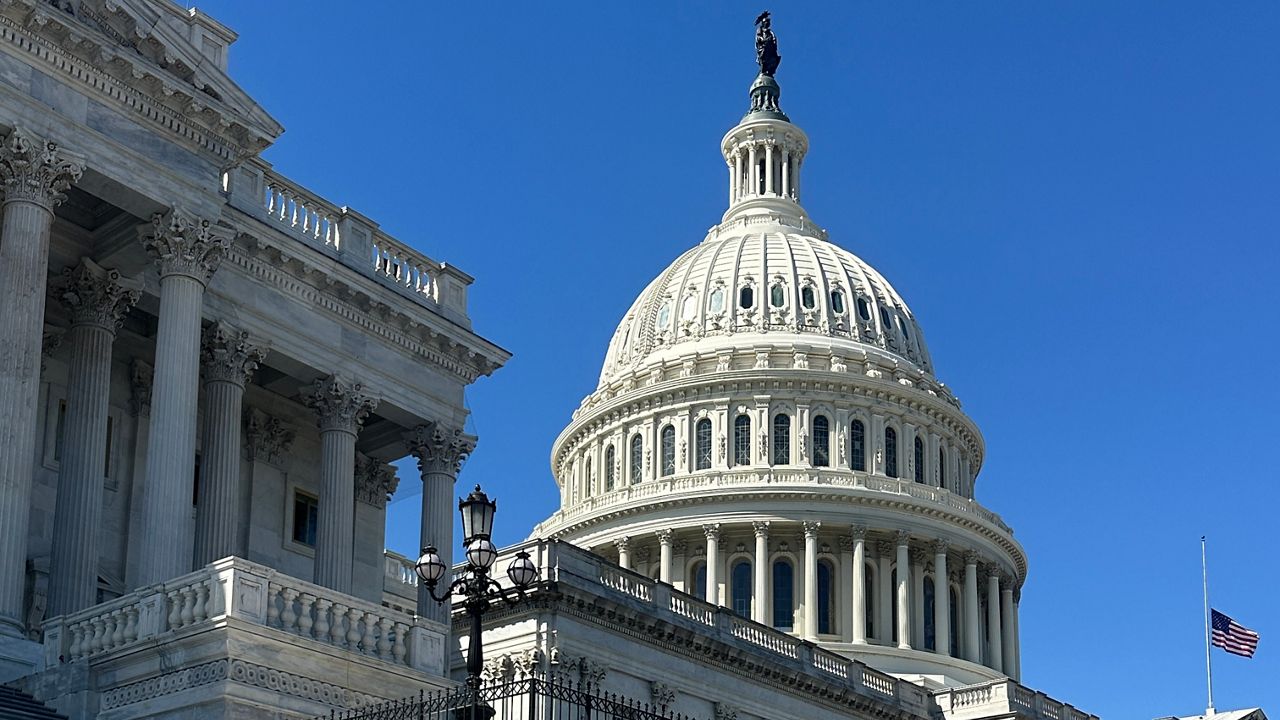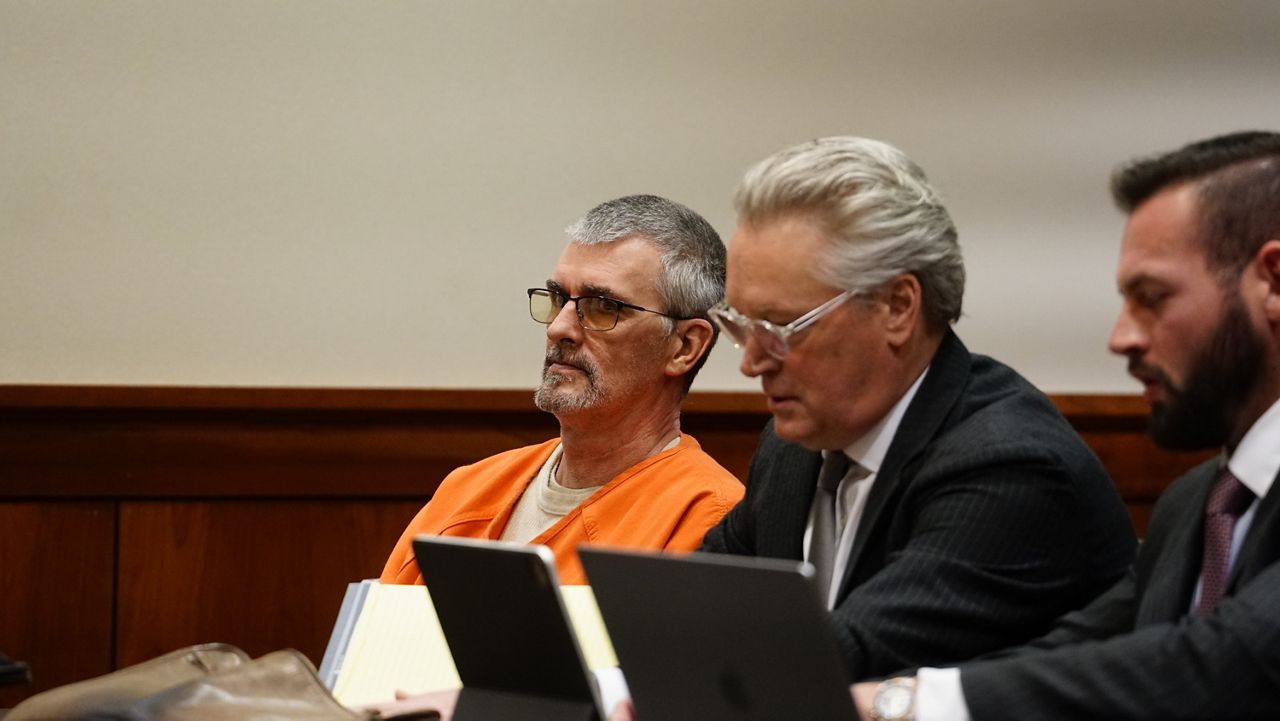BULLITT COUNTY, Ky. — Starting in 2026, Kentucky distillers will see a tax rate on bourbon barrels drop. It’s because the state legislature passed a measure phasing out the tax, and Gov. Andy Beshear enacted it into law.
The Barrel Tax sees money from each taxed barrel redirected to fire departments, public schools, or even EMS services in many counties that host a distillery.
The Southeast Bullitt Fire Department depends on that money. They make 80 to 90 runs, roughly, each month.
“It cost around $10,000 just to outfit one fireman,” said Fire Chief Erik Butler.
They need the workforce, Butler said, and resources to fight fires.
“Oh, when I found out it was just like, somebody let the air out of me. I mean, this is not a good thing,” Butler said.
His department depends on revenue from the Barrel Tax to plan his budget.
“You know, we rely on that money to hire firefighters, to have fire trucks that have the equipment to do the job,” Butler said.
The chief said they’ve already imposed a tax as much as they can on their residents.
“We can only, you know, raise it to a 10 and we’re at a 10,” Butler said.
In March, the Kentucky Legislature passed House Bill 5, a measure to incrementally phase out the barrel tax starting in 2026.
“If it happened today, we would lose around $400,000 off of our two distilleries,” Butler said.
He said it’s not an outcome he hoped for, and fights to keep the dollars. But he says the real impact is on his community.
“The distilleries are making money hand over fist, and your blue-collar worker, they’re the ones gonna be affected,” Butler said.“The distilleries are making money hand over fist, and your blue-collar worker, they’re the ones gonna be affected,” Butler said. “My taxpayers are gonna be affected because we’re gonna have to make budget cuts… It’s gonna be down the road, but still, it’s gonna happen.”
The Kentucky Distiller’s Association has been championing to eliminate the so-called “discriminatory Bourbon Barrel Tax.”
They shared this statement in part after the Legislature passed the bill.
“The final compromise reached in HB 5 strikes a fair balance by protecting funding for schools, fire departments and EMS districts while giving local governments 20 years to plan and diversify their tax bases instead of relying on the ups and downs of a singular industry. In return, Kentucky distillers will finally receive equal treatment with every other manufacturer whose goods are not taxed during the production process, and our state and signature industry are on the pathway to a more competitive tax code.”










